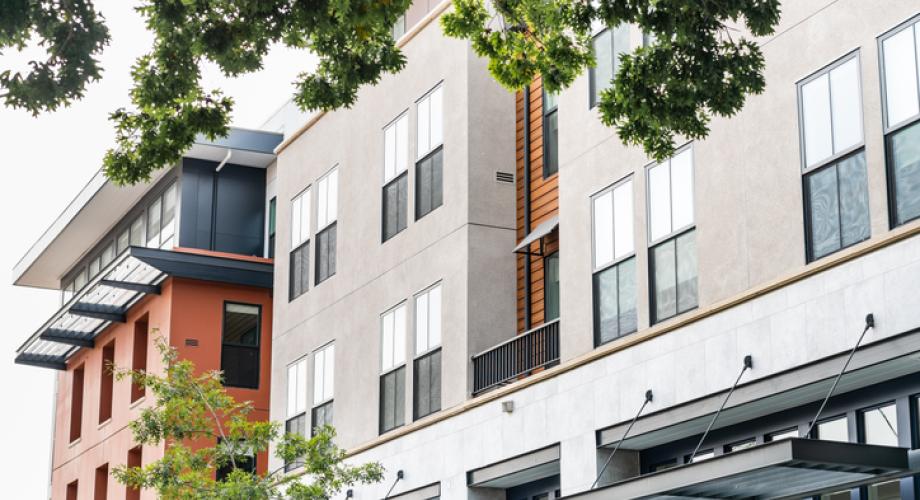Across the country, just cause eviction (JCE) legislation continues to gain steam. The National Apartment Association (NAA) is tracking 10 JCE bills at the state level that were filed in 2024, with Montpelier, Vt. recently voting to adopt a local JCE proposal. This represents another approach by state and local governments to reduce renter displacement with proposals currently taking hold in 5 states and Washington, D.C. as well as in more than two dozen municipalities including Denver, Baltimore, Philadelphia, Providence, R.I. and Richmond, Va. In practice, these laws grant renters the option for tenancies in perpetuity unless the housing provider is successful in obtaining a court order. Housing providers are denied their right to non-renew at the end of the lease contract.
Nationwide, states are each taking slightly different approaches to JCE legislation. Here are some key developments to that NAA continues to monitor:
Colorado
Most recently, the state of Colorado voted to pass a JCE law that limits housing providers’ options for what is framed as “no-fault evictions.” The bill (HB 24-1098) retains the traditional reasons for evictions during the lease term and adds several provisions establishing a process for a legal “no-fault eviction,” which in effect compels housing providers into involuntary lease renewals.
While this bill has passed both Colorado’s state house of representatives and senate, Governor Jared Polis has yet to take final action on the bill. The Governor has 10 days from presentment (April 10, 2024) to sign it, veto it or allow it to become law without his signature.
New York and Rhode Island
New York (A. 4454/S. 305) and Rhode Island (HB7960/SB2920) took very similar approaches to JCE legislation establishing good cause eviction rules while in the same breath asserting a mild form of rent control, limiting evictions for non-payment of rent following an “unreasonable” rent increase. In each case, the states use language similar to rent control provisions:
“It shall be a rebuttable presumption that the rent for a dwelling not protected by rent regulation is unreasonable if said rent has been increased in any calendar year by a percentage exceeding either x percent or one and one-half times the annual percentage change in the Consumer Price Index for the region in which the housing accommodation is located…”
The Rhode Island proposals have not yet moved beyond the committee process, but conversations appear to be ongoing. The New York proposals have not yet moved out of committee, but negotiations continue and this remains an active fight. Recent reporting by NAA’s affiliate partner in New York, the Apartment Professionals Trade Society of New York, indicates that the current proposal allows municipalities larger than five thousand people to opt-in, adjusts its soft rent control mechanism to allow increases in rents by 5% plus CPI or 10%, whichever is the lesser amount each year, and that there are exemptions for new construction (30 years) and housing providers with 10 or fewer units.
Connecticut
The Connecticut (SB143) approach provides for standard JCE protections but removes a commonly applied tool for evictions often called “lapse of time” evictions in the state, but more commonly known as eviction for non-renewal. Additionally, approaching rent control from a different angle, Connecticut’s proposal authorizes eviction where a resident does not agree to a “fair and equitable rent increase,” which is subject, where applicable, to review by a local municipality’s fair rent commission This legislation has made it through the state’s committee process, but has not moved through either chamber of the legislature.
Massachusetts
In Massachusetts, new legislation (H. 3744) would establish JCE protections for rental housing properties within Boston as part of a consolidated request including rent stabilization. This proposal remains before the Housing Committee with repeated reporting date extensions now set for July 10, 2024. If passed, this legislation – given its focus on the City of Boston – could quickly evolve into both just cause eviction and rent stabilization rules taking effect at the statewide level in the future.
While a minority of states and a few dozen localities have JCE requirements, the vast majority of jurisdictions do not require such requirements because they fundamentally interfere with lease contracts. NAA continues to monitor state and local trends of national significance and work with our affiliate partners to support their advocacy efforts with state governments and city and county councils.
To learn more, visit the NAA’s Just Cause Eviction advocacy page or contact Joe Riter, NAA’s Senior Manager, Public Policy.
